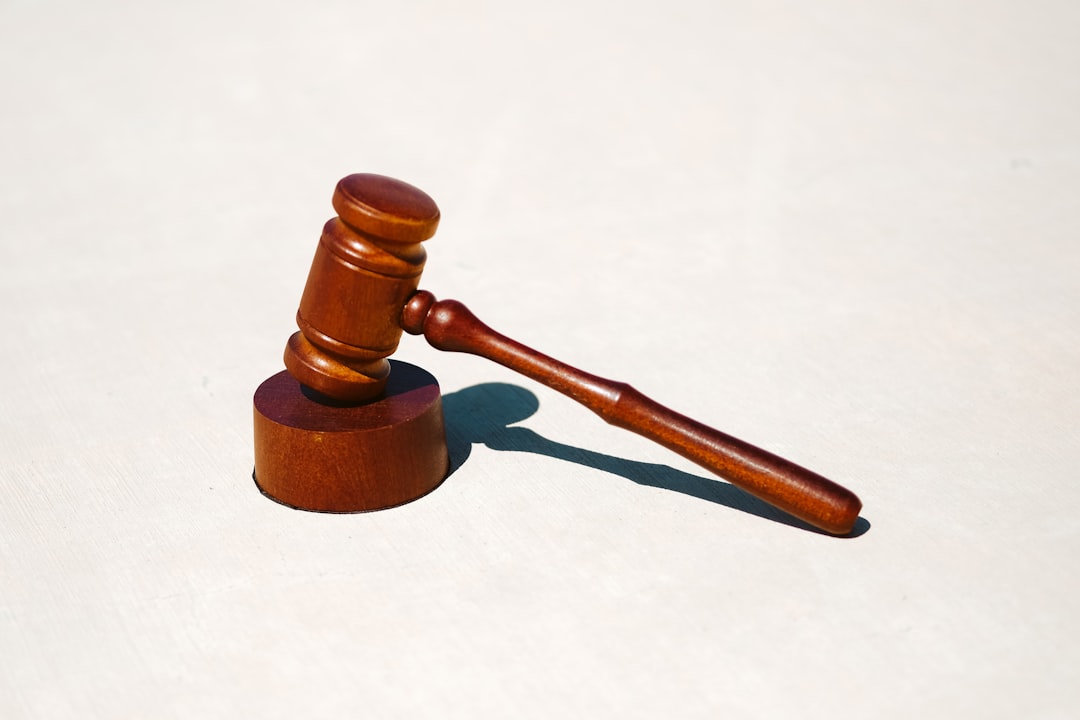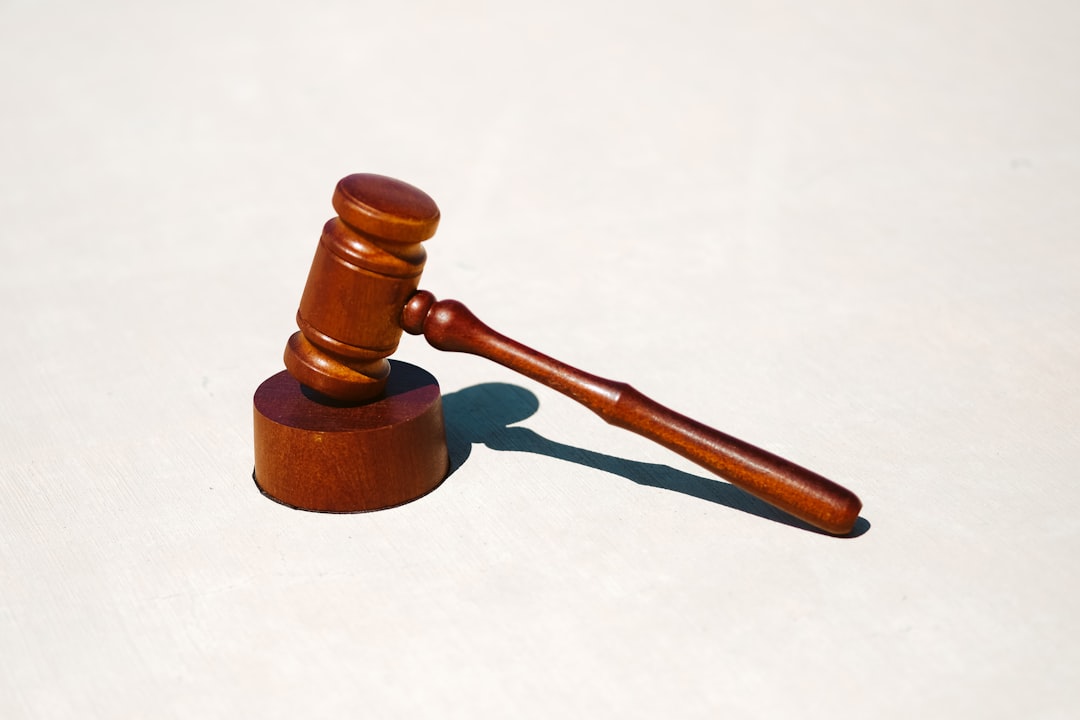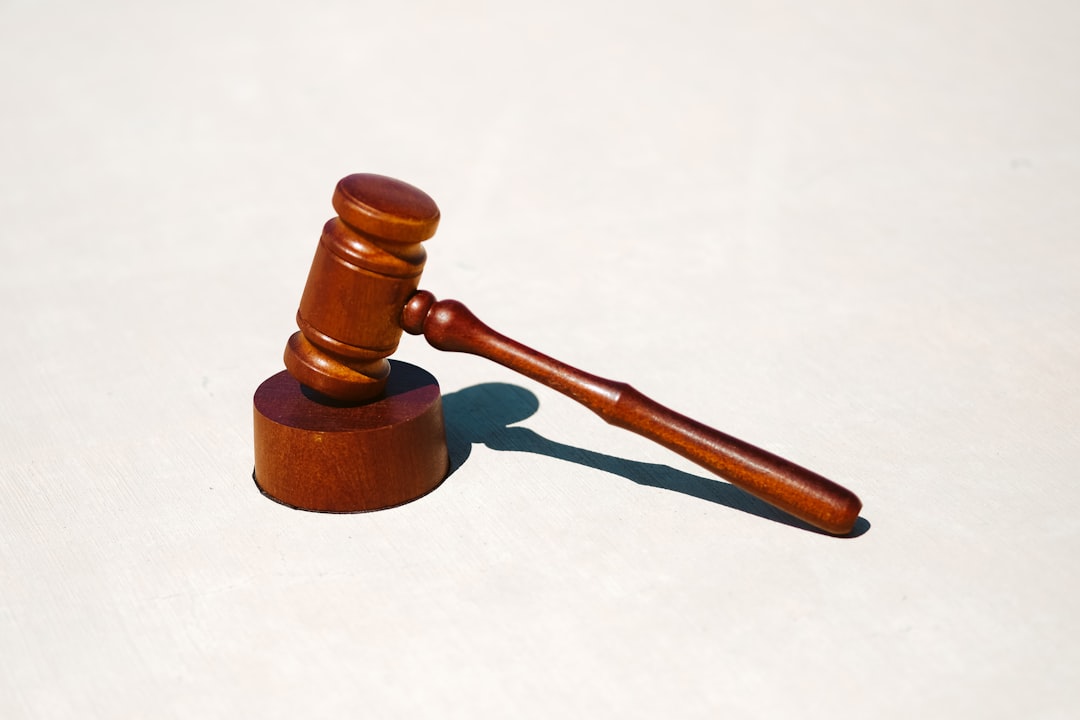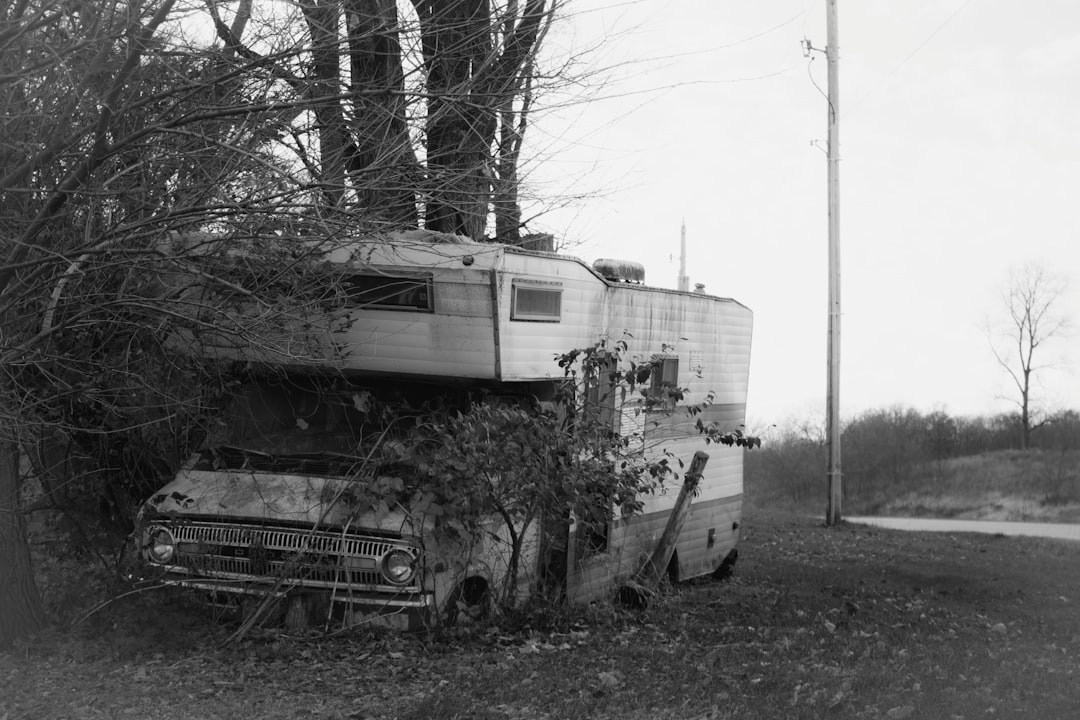Chicago's diverse community demands a tailored approach to sexual abuse awareness. A comprehensive community needs assessment considers cultural sensitivities and access to resources across the city, engaging sexual abuse lawyers and law firms in Illinois for insights. This process identifies key stakeholders, analyzes awareness levels, reporting mechanisms, legal aid availability, support services, and education programs. Direct engagement with residents, frontline workers, and affected stakeholders through forums, partnerships, and online surveys guides evidence-based initiatives. Tailored programs based on demographics, location, and vulnerability factors include workshops, campaigns, support groups, and legal aid resources, collaborating with local organizations, healthcare providers, schools, and law enforcement to reduce prevalence and improve victim support. Sexual abuse lawyers and attorneys in Illinois law firms play a crucial role in ensuring program responsiveness and impact.
“In Chicago, as in many urban centers, addressing sexual abuse requires a deep understanding of the community’s unique needs. This comprehensive guide equips sexual abuse lawyers and attorneys in Illinois with the tools to conduct effective Community Needs Assessments (CNAs). By exploring strategies for engaging with diverse communities, developing tailored assessment frameworks, and analyzing results, this resource highlights best practices for designing targeted awareness programs. For Illinois sexual abuse law firms seeking to make a profound impact, this article offers invaluable insights, emphasizing the importance of community-centric approaches.”
Understanding the Community's Unique Needs in Chicago
Chicago, like any urban center, boasts a diverse community with varied needs when it comes to sexual abuse awareness. A comprehensive needs assessment must consider this diversity and tailor strategies accordingly. From understanding cultural sensitivities that may impact disclosure rates to identifying areas with limited access to resources, a deep dive into the city’s unique landscape is crucial. Recognized sexual abuse lawyers in Illinois and established law firms specializing in sexual assault cases play a vital role here—they can provide insights on prevalent challenges faced by different communities within Chicago, ensuring interventions are culturally competent and effective.
Focusing solely on general approaches may overlook critical needs specific to certain neighborhoods or demographic groups. Engaging with community leaders, service providers, and residents directly is essential to unearthing these nuances. By leveraging the expertise of sexual abuse attorneys in Illinois and their networks, a more nuanced understanding of Chicago’s needs can be achieved, ultimately leading to targeted and impactful awareness initiatives.
Developing an Effective Assessment Framework
Conducting a comprehensive community needs assessment is a pivotal step in addressing sexual abuse concerns in Chicago. To ensure effectiveness, the framework must be meticulously designed to gather accurate and actionable insights. Start by identifying key stakeholders such as local law enforcement, healthcare providers, schools, community organizations, and victims’ support groups. These entities can provide valuable perspectives on existing resources, gaps, and challenges related to sexual abuse prevention and response within the city.
The assessment should cover various aspects including awareness levels about sexual abuse, reporting mechanisms, access to legal aid (sexual abuse lawyer Illinois, sexual abuse attorney Illinois), support services, and community education programs. Incorporate quantitative data through surveys and qualitative insights from focus groups or interviews. This multi-faceted approach will enable a deeper understanding of the community’s unique needs, facilitating targeted interventions by sexual abuse law firms Illinois, ensuring that legal and support services (sexual assault lawyers Illinois, sexual abuse attorneys Illinois) are accessible and tailored to address Chicago’s specific challenges.
Engaging with the Community: Strategies for Data Collection
Engaging with the community is a pivotal step in conducting a comprehensive needs assessment for sexual abuse awareness in Chicago. This involves building relationships and gathering insights directly from residents, organizations, and stakeholders who are on the frontlines or deeply affected by issues of sexual violence. One effective strategy is hosting community forums and workshops where attendees can share their experiences, challenges, and suggestions for improvement. These interactive sessions can be organized in various locations across Chicago, ensuring accessibility to diverse populations.
Another crucial approach is partnering with local non-profit organizations, schools, healthcare facilities, and law enforcement agencies that frequently interact with survivors of sexual abuse or conduct related investigations. Collaboration with these entities allows for the collection of existing data and insights, as well as identifies gaps in services and resources. Additionally, utilizing online surveys and social media platforms can help reach a broader audience, especially younger residents, while also maintaining anonymity to encourage honest responses. By combining these strategies, a more holistic understanding of community needs can be attained, informing evidence-based initiatives led by sexual abuse lawyers, attorneys, and law firms in Illinois dedicated to serving the specific requirements of Chicagoans impacted by this critical issue.
Analyzing Results and Designing Targeted Awareness Programs
After gathering and analyzing data from the community needs assessment, it’s crucial to identify key areas requiring targeted interventions. This involves sorting through survey responses, focus group discussions, and interviews to uncover recurring themes and concerns related to sexual abuse within the Chicago community. By segmenting the population based on demographics, geographic locations, and specific vulnerability factors, you can tailor awareness programs to reach at-risk groups effectively.
Designing these targeted initiatives should involve collaboration with local organizations, healthcare providers, schools, and law enforcement agencies. A comprehensive strategy might include educational workshops, public service campaigns, support group formations, and legal aid resources for survivors. Engaging the community in this process ensures that programs are responsive to real needs, leveraging the expertise of sexual abuse lawyers and attorneys from Illinois law firms who can offer insights into legal protections and advocacy strategies. This collaborative approach maximizes the impact of awareness efforts, aiming to reduce prevalence and improve support for victims across Chicago.





